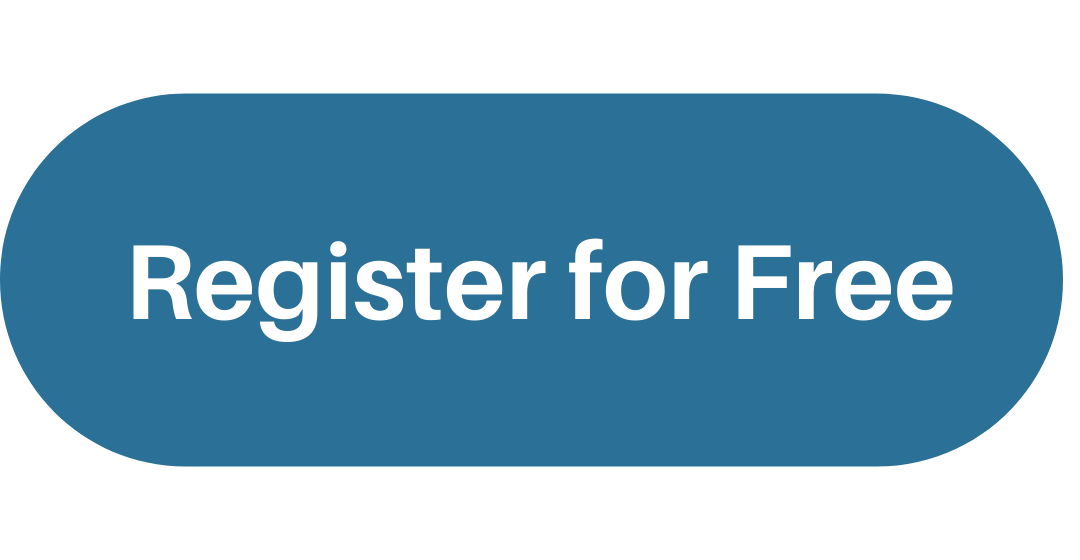Transforming Stress into a Positive Thing
Apr 25, 2022
Let's wrap Stress Awareness Month up on a positive note. While we often think of stress as a bad thing, it doesn't have to be. In fact, there's a type of stress, called eustress, that can actually be good for us, physically and mentally. The trick is keeping stress in check and, ideally, transforming bad stress into good stress.
Transforming Stress into a Good Thing
There are two key things that protect us against the negative effects of stress: believing that you can handle it and believing that it's worth it.
I find it incredibly interesting here that it's our beliefs that really make all the difference in how our bodies and brains respond to stress and how we experience those stressful situations. This fact is important because it gives us another way to intervene and manage stress effectively. If we don't believe we can handle it, we can take steps to delegate or delete responsibilities from our to do lists. We can also build skills and psychological strength to increase our ability to handle more. Alternatively, we can work on our beliefs.
Changing Beliefs
A belief is simply something our mind takes to be true. We treat beliefs like facts, but they aren't necessarily. Often, they're the product of feelings or past experiences and our mind's natural tendencies to jump to conclusions and make assumptions. Instead of mixing up beliefs and facts, challenge it. Ask questions like "Where is my proof for and against this belief?" (and really put effort into finding the evidence that does NOT support it. Our minds tend to filter that out because it doesn't fit the supposed "facts.") and "What happened last time?" (Did you, in fact, actually handle everything? Did everything actually turn out ok?). Resist the urge to hold on to beliefs that aren't actually accurate. It may take some time for them to shift, but continue challenging them, and don't let false facts drive your actions.
The Worth It Factor
Believing that the stress is worth it is another protective factor. To tap into this one, we need to connect with our values, which aren't always front and center when we get caught up in the hectic day-to-day struggle. Take a minute to pause and reflect on why you are doing the things that are causing you stress. You may to need to slow down and dig a little deeper because it's quite possible that your knee jerk response will be something along the lines of obligation: "I have to do this." "It doesn't matter." "I can't let others down." "If I don't do it, no one will."
Now, we can challenge those beliefs in the same we did above, or we can dig a little deeper. Why? Why do I have to do this? Or better yet, Why do I want to do this? How does this map onto what's really important to me?
For example, let's say you're the one in your household who always cleans the kitchen. That can get old fast, especially if you didn't explicitly request that job or if you have a million other things on your crowded plate. If you can connect this task to your values, though, it may change from something you have to do because no one else will (and a source of frustration and resentment) to a concrete way that you care for your family. Same dishes getting done. Very different experience for you.
Connecting to Your Why
The more you can connect stressors to your why, your core values, the higher the worth it factor, as I like to call it. To maximize the effects of the worth it factor, you might try this handy little exercise: a values write.
- Set a timer for 5 minutes.
- Write, without censoring, about why doing the thing is important to you.
That's it. Short and simple, but research shows the act of writing about your values can help keep them front and center and have a positive impact on your actions.
When It Isn't Worth It
After digger deeper and trying a values write, you might realize that you actually don't care or that the stressor actually isn't important to you. In that case, it's time to re-examine why you're doing it in the first place and what is getting in the way of you delegating or deleting that task. It may be time to make some very real adjustments.
Manage Stress Effectively
As the month comes to a close, this is my final plug for our new Stress Management Mini-Course. Through this link only, you can also get our Self-Care [by Design] Mini-Course for only $10. That's $19 off the regular price! That means that for an investment of only $39, you'll get powerful tools for creating your own personalized stress management and self-care plans. Imagine how different life could feel!
Peak Mind co-founder Dr. April is co-costing another amazing free virtual summit starting May 10. This awesome week long event is focusing on one of our favorite topics here at Peak Mind: self-care. There's an incredible line up of speakers and teachers (including one of my personal favorite mindfulness teachers, Sharon Salzberg). Register for free and share with anyone who might be interested.
"Belief is one of the most powerful organic forces in the multiverse. It may not be able to move mountains exactly, but it can create someone who can. People get exactly the wrong idea about belief. They think it works back to front. They think the sequence is first object then belief. In fact it works the other way."
—Terry Pratchett (in Reaper Man)

Build psychological strength right from your inbox!
Get actionable information and tools to build psychological strength at home and at work.
We hate SPAM. We will never sell your information, for any reason.








